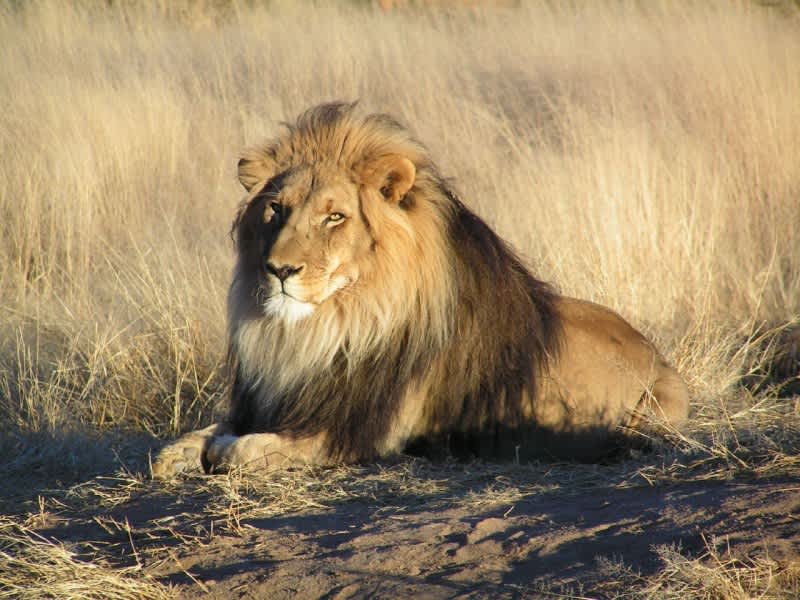Namibia Goes on Record to Ban Hunting Bans
OutdoorHub Reporters 03.14.16

Namibia’s Ministry of Environment and Tourism recently made its stance on hunting very clear when it announced that it officially opposed any kind of hunting ban in the country. Minister of Environment and Tourism, Pohamba Shifeta, said that about 5,000 hunters visit the country annually. These hunters are instrumental in providing the necessary funds to protect conserved land such as game reserves, national parks, and communal conservancies. It is estimated that about 44 percent of Namibia’s total land area is made up of land under some form of conservation.
“Since Independence, Namibia has adopted legislations and policies aimed at promoting wildlife as a sustainable form of land use,” Shifeta told the Namibia Economist. “As a result of such efforts the wildlife populations have increased drastically and distribution range has expanded inside and outside national parks. Innovative policies and legislations underpin the conservation of wildlife in Namibia.”
There has been a recent upswing in calls for hunting bans in African nations. This became especially noticeable after the killing of Cecil, a famous black-maned lion in Zimbabwe, by American hunter Walter Palmer. Although the Zimbabwe government later cleared Palmer of all charges, the controversy generated by the hunt was enough to cause some airlines to ban the transport of hunting trophies. Activists also urged government officials across Africa to close their borders to hunters.
However, officials say that these activists fail to acknowledge the beneficial impact that hunters can have. Visiting hunters not only provide a economic impact, but they also provide the much-needed funds to manage national parks, pay wardens’ wages, and to protect the very animals they hunt.
Last month, one of Zimbabwe’s largest wildlife reserves announced that it is seeking to relocate or cull up to 200 lions after a decline in hunters. As the park is in the same country where Cecil was harvested, it generated some discussion on not only the long-term benefits of having hunters, but short-term benefits as well. Benefits such as managing game animals. For reserves like the Bubye Valley Conservancy, culling animals with hired sharpshooters or wardens would mean the loss of funds. Funds that could go towards maintaining the reserve or protecting the lions from poachers. In the end, the reserve clarified that it will mostly likely donate the lions to another reserve, but is having difficulty finding homes for all its surplus lions.
“I wish we could give about 200 of our lions away to ease the overpopulation,” Blondie Leathem, the conservancy’s general manager, told the National Post. “If anyone knows of a suitable habitat for them where they will not land up in human conflict, or in wildlife areas where they will not be beaten up because of existing prides, please let us know and help us raise the money to move them.”
Historically, the lion population in the reserve was managed partially by hunters, many of which stopped coming to Zimbabwe following the Cecil controversy. Namibia’s hunting industry has also experienced controversy of its own. In 2014, American hunter Corey Knowlton paid $350,000 for a rare permit to hunt black rhinos. The Namibian government offers five black rhino hunts each year, and they are generally regarded as among the world’s rarest hunting opportunities. Funds raised from the rhino hunts not only go back into rhino conservation, but overflow into other projects as well.
Namibia Information Minister Tjekero Tweya told the Namibian that the government is not only opposed to hunting bans, but will be actively campaigning against it.
“Cabinet directed the Ministry of Environment and Tourism to actively campaign against any attempt to ban or restrict hunting and the export of wildlife products from Namibia,” Tweya said.

